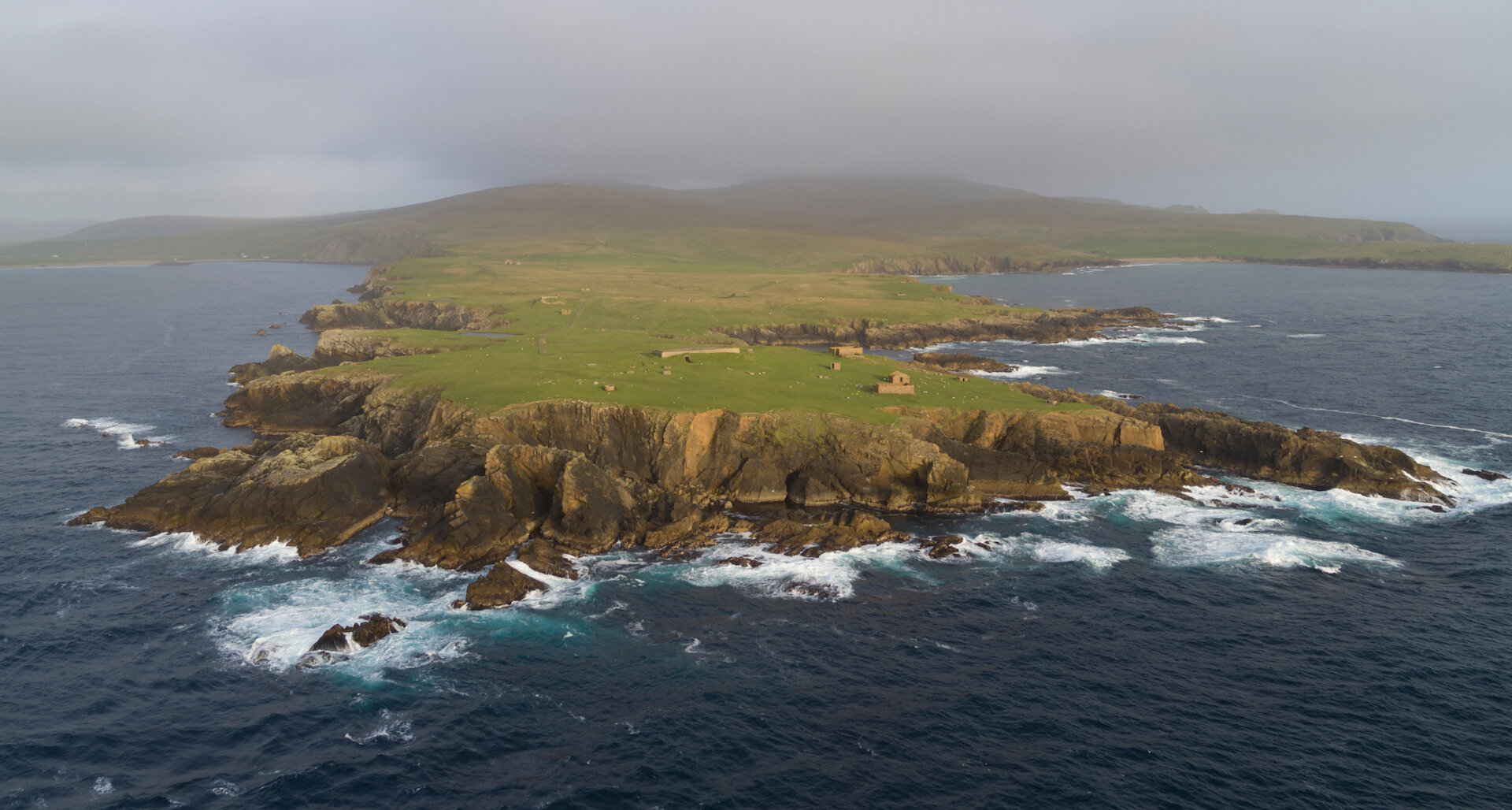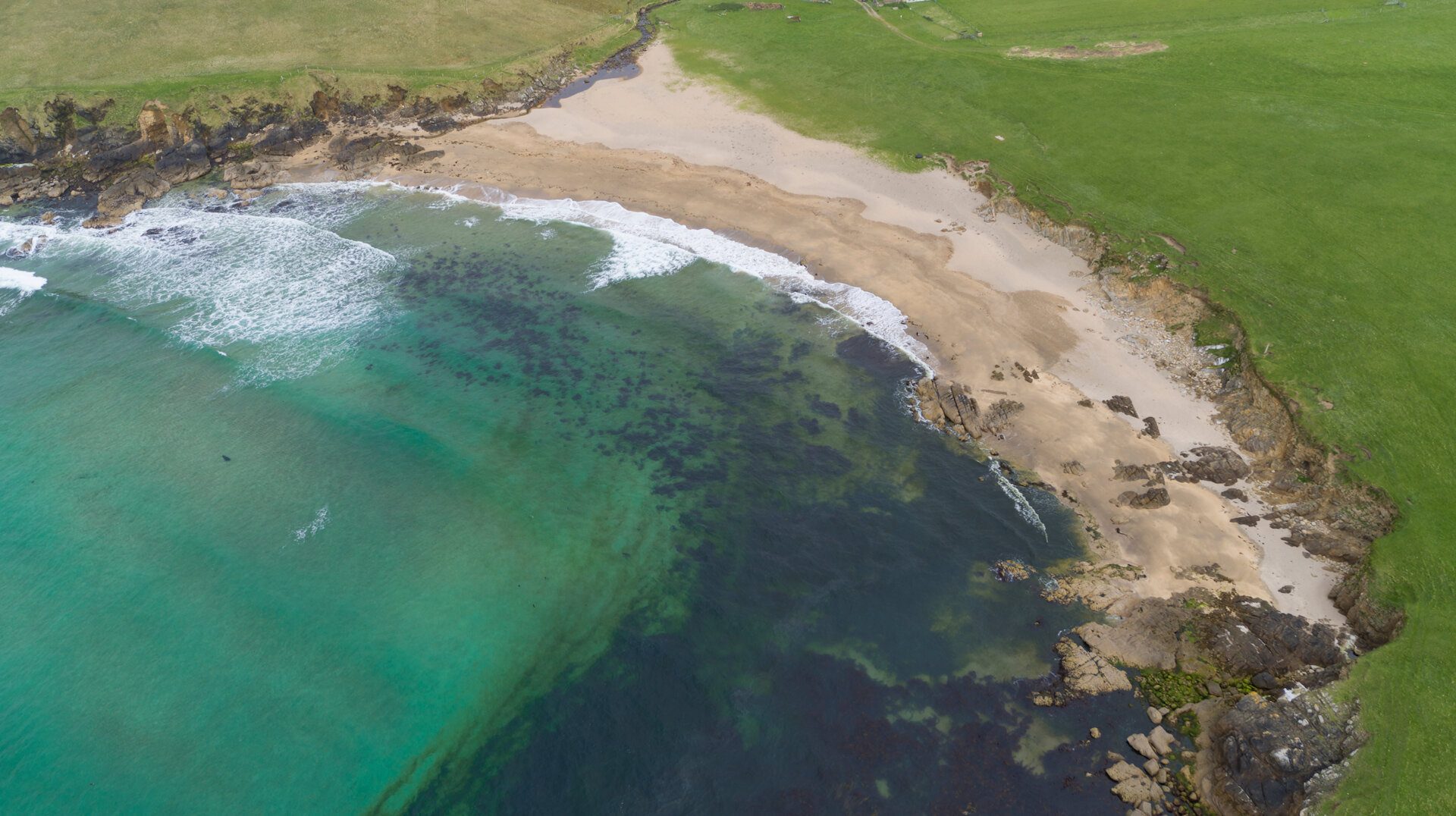Right now, the lonely headland between Norwick and Skaw – Britain’s northernmost beach – sits empty but for a few abandoned wartime shelters. Shetland’s silent northernmost edge seems an unlikely spot for what could be one of its most dynamic new industries: sending satellites into space, with plans to start before the end of 2021.
And, for all that the location seems unlikely at first, it’s exactly why the UK Space Agency has touted this corner of Unst as the best place in the UK to launch small satellites. It is about as far north as you can get in the country, meaning less energy is required to enter polar orbit. From here, satellites – which might be used for everything from meteorological reports to analysing plants and providing broadband – can take off without passing over any human settlements, as there’s nothing but sea between Skaw and the Arctic.
Britain doesn’t yet have a satellite launch site, but consultants Frost and Sullivan have estimated that a UK small satellite market could be worth £4.2 billion between 2021 and 2030. The Shetland Space Centre is competing with Space Hub Sutherland to be the UK’s first launchpad, but Shetland is leading the way. American aerospace giant Lockheed Martin has moved its planned UK Pathfinder Launch operations to Unst, with plans to launch Britain’s first commercial satellite here in 2021, while Canadian C6 Launch Systems has signed a letter of intent to use Unst as its primary launch facility.
“It’s a hugely exciting opportunity for Unst and Shetland,” says Scott Hammond, the operations director of the Shetland Space Centre. “It could mean more than a hundred local sustainable jobs, and a boom in tourism, with people coming up to watch these launches.”
It could mean more than a hundred sustainable jobs, and a boom in tourism, with people coming up to watch these launches.
With plans to have 30 small satellite launches a year after the first launch (the Sutherland site only has permission for 17), Hammond says that Unst makes sense for reasons other than pure geography. One is the infrastructure left over from the former RAF base at Saxa Vord, which ceased operations in 2006, including an air-strip at Baltasound – not to mention the engineering know-how in an archipelago that has supported the oil and gas and maritime industries for decades. He points to Shetland companies like Lerwick-based engineering firm Ocean Kinetics or the Pure Energy Centre on Unst, which works with the hydrogen that fuels rockets.

